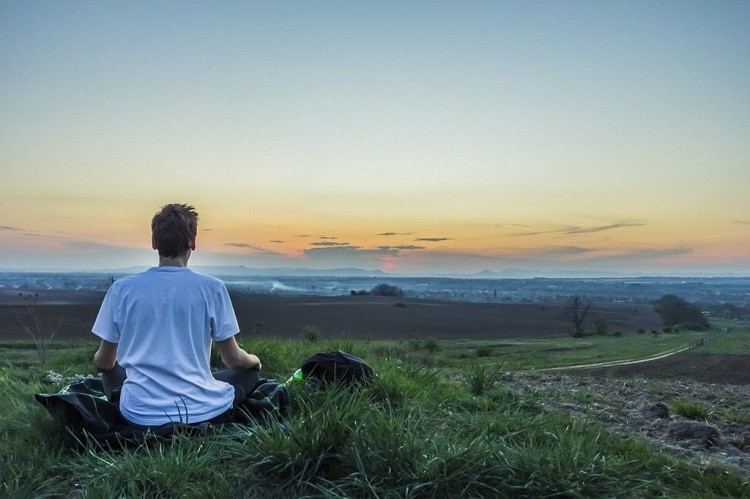 In the first third of our lives, we are relatively powerless and surrounded by power figures. We are little. They are big. They tell us what to do, and we are supposed to do what we are told, or we suffer. They are not only more powerful than us, but they are also flawed human beings. So, we develop survival strategies to compensate for our lack of power, and to deal with their flawed judgements and expressions for how to best deal with us. For example, I developed the strategy of entertaining my mother to protect myself from her rages. My sister learned how to hide out or smooth the waters through quietly pleasing her. These are helpful self-protective habits in the first third of life, but if carried into the second third of life they become dysfunctional. Well into my second third of life, I discovered that showing off was not necessarily a useful strategy for me when I was feeling insecure or undervalued in a particular situation.
In the first third of our lives, we are relatively powerless and surrounded by power figures. We are little. They are big. They tell us what to do, and we are supposed to do what we are told, or we suffer. They are not only more powerful than us, but they are also flawed human beings. So, we develop survival strategies to compensate for our lack of power, and to deal with their flawed judgements and expressions for how to best deal with us. For example, I developed the strategy of entertaining my mother to protect myself from her rages. My sister learned how to hide out or smooth the waters through quietly pleasing her. These are helpful self-protective habits in the first third of life, but if carried into the second third of life they become dysfunctional. Well into my second third of life, I discovered that showing off was not necessarily a useful strategy for me when I was feeling insecure or undervalued in a particular situation.
In the second third of life, we develop personal power of our own in order to survive and thrive in the material world. This is a good thing. We learn how to be a source of influence, how to make an impact, and be valued and rewarded for contributions we make. We set and accomplish goals and objectives. Power breeds success in our careers and our ability to attract a good mate and build a healthy family.
Something happens (to at least some of us) in the last third of life which is like a psychological or spiritual itch one can’t quite scratch. Our interest in power seems to wane. Something else is calling us, which we can feel but often can’t clearly hear or speak of. The closest I can get to defining this, is that it feels like a quest for meaning beyond the material. Something bigger is calling on us. This plays out in so many ways but can play out as a desire to give back to our communities, that have supported our success, to maybe a call to access neglected or deeper parts of ourselves, to bring back parts of us that may have been denied during our quest for success in the world. This is not necessarily about what I should be doing differently, but more about how I should be relating to life in a different way. What we do differently may not radically change, but how we engage the world may.
Our means or tool for passing through these three phases of life is our ego that we construct. The term ego gets a bad rap. It should not be held pejoratively. It is neither negative nor positive. Our ego is our operating system that keeps us safe, while we make a life. Our ego has two aspects. One side is healthy and creative, the other neurotic and emotionally reactive. One side is rational, on purpose, the other is habitual and knee-jerk. This side is there to protect us from imaginary threats to our identity.
Horizonal development involves developing skills to increase our value in the world. Teaching managers how to build a team or delegate is horizonal development. On the other hand, vertical development is discovering why you wouldn’t use those skills even if you had them. We all have a hidden foot on the brake which undermines our creative impulses and goals. When we develop vertically, we are improving our capacity to see and catch our reactive tendencies and impulses (neurotic ego) when triggered by internal or external circumstances. Developing vertically, we increase ownership of our egos, rather than having our egos own us. Catching our fear-based reaction before it plays out, gives us the space and time to let a wiser response to the situation arise from a greater intelligence from deeper within.
In my experience unconscious emotional reactivity, if not known or owned by us, sucks energy in its denied or unrecognized form, that is not available for our healthy ego to creatively and wisely respond to what shows up in life. The more we see and accept our neurotic ego, and get control of it, the more power we transfer over to our healthy ego, and its ability to respond and choose wisely to new circumstances.

